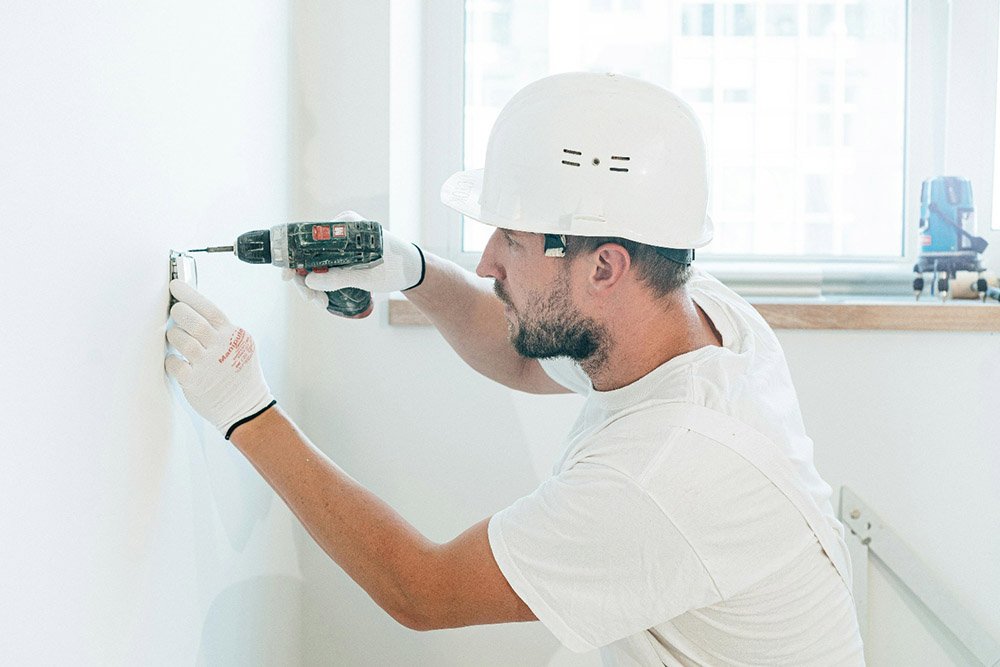Owning a home is one of life’s greatest accomplishments, but it also comes with its fair share of responsibilities. While it feels wonderful to have a place you can truly call your own, the upkeep can sometimes feel overwhelming. Neglecting small maintenance tasks often leads to bigger, more expensive problems down the road. On the other hand, staying on top of these responsibilities can keep your home comfortable, safe, and efficient, all while saving you money.
Think of home maintenance as an investment rather than a chore. By putting in consistent effort, you not only protect the value of your property but also avoid unexpected repair bills that can strain your budget. The good news is that many of these tasks are simple and don’t require huge amounts of time or money. From maintaining your heating and cooling system to caring for your roof and gutters, small steps can lead to major long-term savings.
Let’s dive into some of the most practical home maintenance tips that will help you stretch your dollar while keeping your living space in top condition.
1. Keep Your Cooling System Efficient
When you think about what drives your utility bills the most, your air conditioning system probably comes to mind. Cooling your home during the warmer months can account for a significant portion of your household energy use. That’s why ensuring your system is installed and maintained correctly can make such a big difference in long-term costs.
If you’re considering setting up or upgrading your air conditioning system, taking the time to review our AC installation guide will help you make smarter decisions from the start. A reliable guide can walk you through the steps of choosing the right unit, ensuring proper installation, and understanding how to maintain it for efficiency and longevity. By starting with the right foundation, you’ll reduce the risk of breakdowns, lower your energy bills, and extend the life of your system.
Think of it this way: paying attention to your cooling system now means fewer emergencies later, and a comfortable home you can rely on year after year.
2. Inspect and Clean Gutters Regularly
It’s easy to forget about your gutters, but ignoring them can lead to serious and expensive damage. When gutters are clogged with leaves, dirt, and other debris, water can overflow and cause problems like roof leaks, foundation cracks, or even damage to your siding. The cost of repairing these issues is far higher than the effort it takes to clean the gutters a few times a year.
Make it a habit to check your gutters each season, especially after heavy storms. Installing gutter guards can also help reduce how often you need to clean them. This small task may not seem urgent, but it saves you from dealing with costly water damage later on.
3. Seal Windows and Doors to Prevent Energy Loss
If your home feels drafty, chances are your energy bills are higher than they need to be. Cracks and gaps around windows and doors let warm air escape in the winter and cool air leak out in the summer, forcing your HVAC system to work harder.
Sealing these areas with caulking or weatherstripping is a simple and inexpensive fix that makes a noticeable difference. If your windows are older, upgrading to energy-efficient models is another smart move that pays off over time. Not only will your home feel more comfortable year-round, but you’ll also enjoy lower energy costs.
4. Stay on Top of Plumbing Maintenance
Plumbing issues can sneak up on you, often at the worst possible times. A small leak under the sink or a constantly dripping faucet may not seem like much, but over time, these little problems waste water and lead to higher utility bills. Worse yet, they can escalate into major repairs if left untreated.
Regularly inspect areas under sinks, around toilets, and near your water heater. Keep an eye on your water bill for unexpected increases that may signal a hidden leak. Replacing worn washers, fixing minor drips, and insulating pipes before winter are easy steps that save you from costly plumbing emergencies.
5. Prioritize Roof and Attic Care
Your roof is one of the most important parts of your home, but it’s also one of the most expensive to repair or replace. The good news is that consistent care can extend its lifespan and prevent big problems.
Inspect your roof at least twice a year to look for missing shingles, damaged flashing, or areas where water may be seeping in. Inside your home, check the attic for signs of leaks or poor ventilation. Moisture buildup in the attic can lead to mold growth and compromise your insulation, making your home less energy-efficient. By addressing small issues early, you’ll avoid the need for major repairs that can easily cost thousands of dollars.
6. Maintain Appliances for Longer Lifespan
Household appliances are expensive to replace, so it makes sense to keep them running efficiently for as long as possible. Simple maintenance goes a long way here. For example, cleaning the lint out of your dryer vent not only helps the machine work better but also reduces the risk of fire. Vacuuming the coils behind your refrigerator improves efficiency and prevents the motor from wearing out.
Always check the manufacturer’s guidelines for proper maintenance. By giving your appliances the care they need, you’ll stretch their lifespan, save on energy costs, and avoid premature replacements.
7. Don’t Forget About Lawn and Exterior Care
The outside of your home is just as important as the inside when it comes to maintenance. Taking care of your lawn, driveway, and exterior walls helps protect your property value while also preventing bigger issues.
Trim tree branches that hang too close to your roof to avoid damage during storms. Seal cracks in your driveway before they spread, and keep your siding or paint in good condition to protect against weather damage. These small steps not only save you money in the long run but also keep your home looking its best.
Homeownership doesn’t have to mean constant stress about repairs or unexpected bills. By taking a proactive approach to maintenance, you can protect your home, reduce your expenses, and enjoy greater peace of mind.
Start with the basics: make sure your cooling system is installed and maintained properly, keep your gutters clear, and pay attention to small details like sealing windows or fixing minor leaks. From your roof to your appliances, these small efforts all add up to major savings over time.
The best part? None of these tasks requires professional-level skills or massive investments. With consistency and a little planning, you’ll keep your home comfortable, safe, and cost-efficient for years to come.



